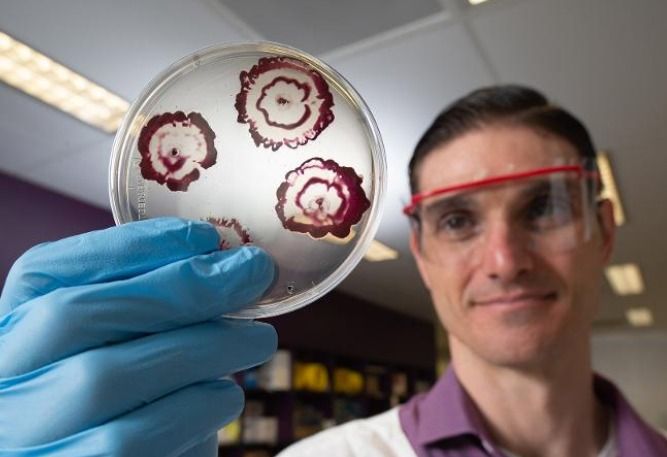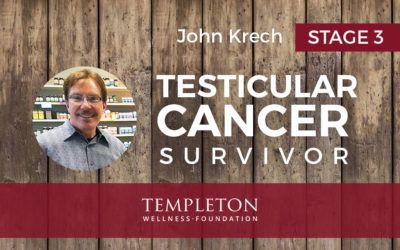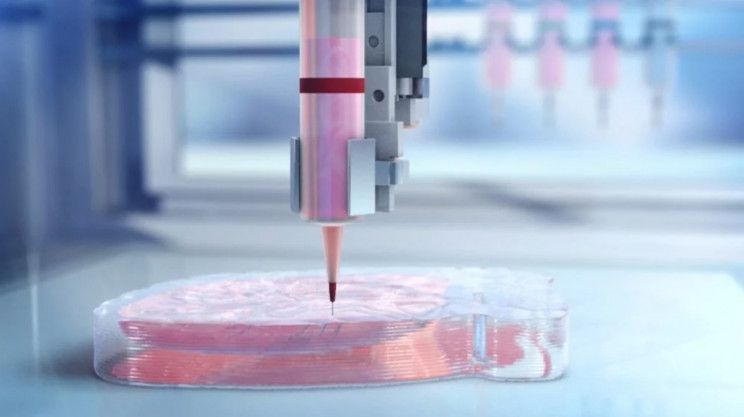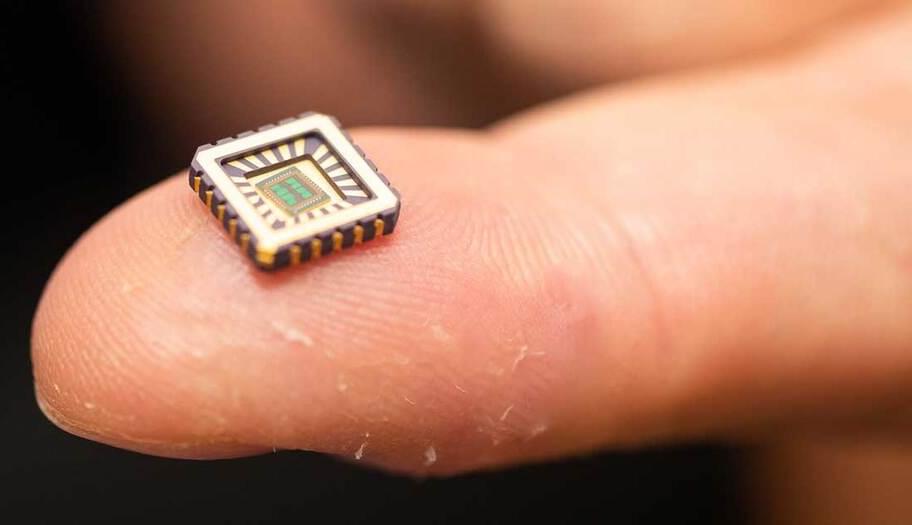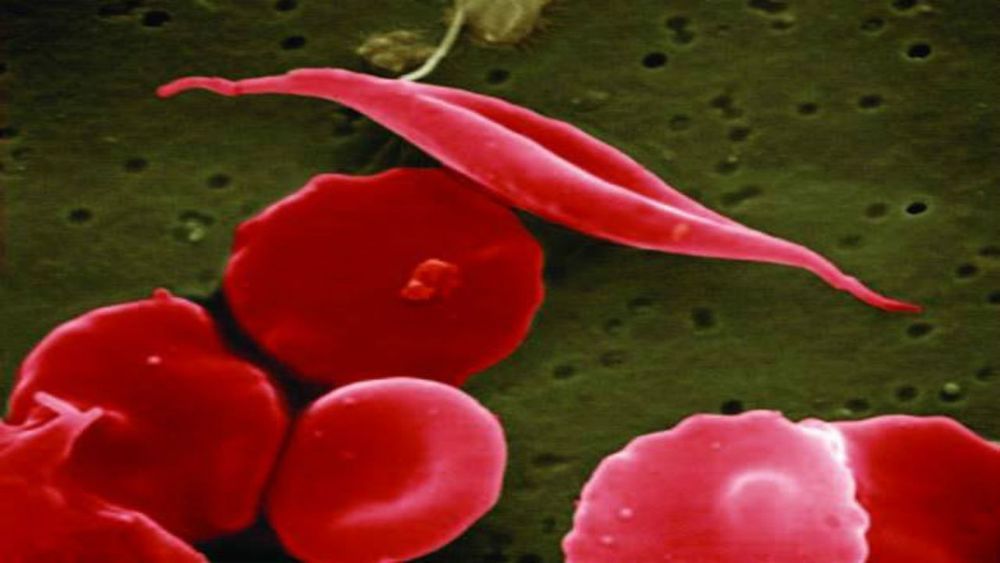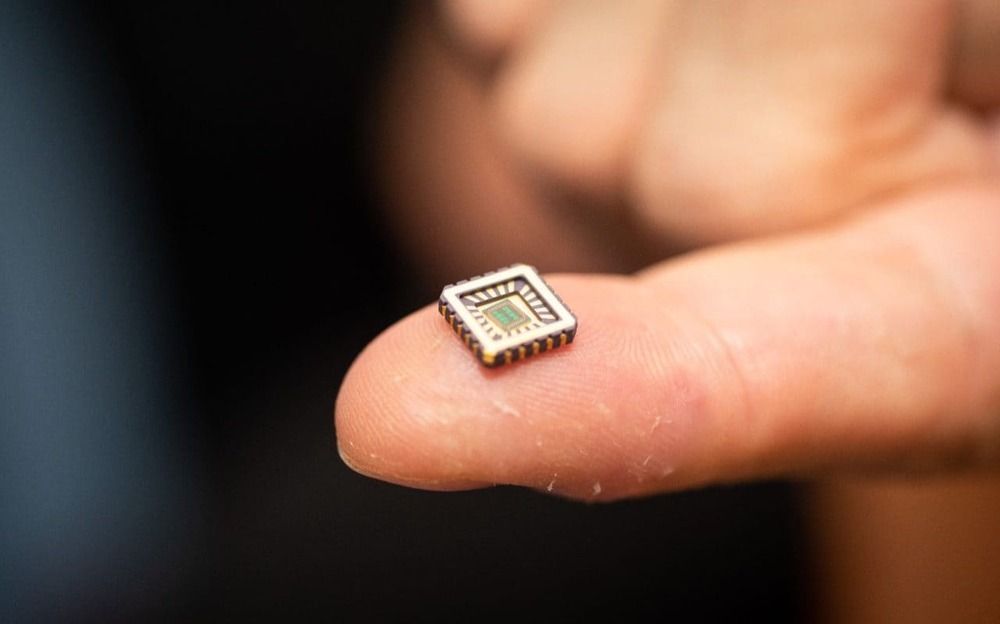Bacterial biofilms that develop around golden staph infections make treatment difficult and prolonged, but researchers have shown in laboratory work that the hybrid antibiotics they have developed can destroy staph biofilms.
Eradicating deadly staph using a new breed of antibiotics has revealed promising results in research released by QUT, to help overcome one of the biggest modern medical challenges.
The bacteria attach to medical devices including catheters, artificial joints, implants and patients’ burns and wounds, establishing bacterial biofilms, a leading cause of failing antibiotic therapies and chronic infections.
